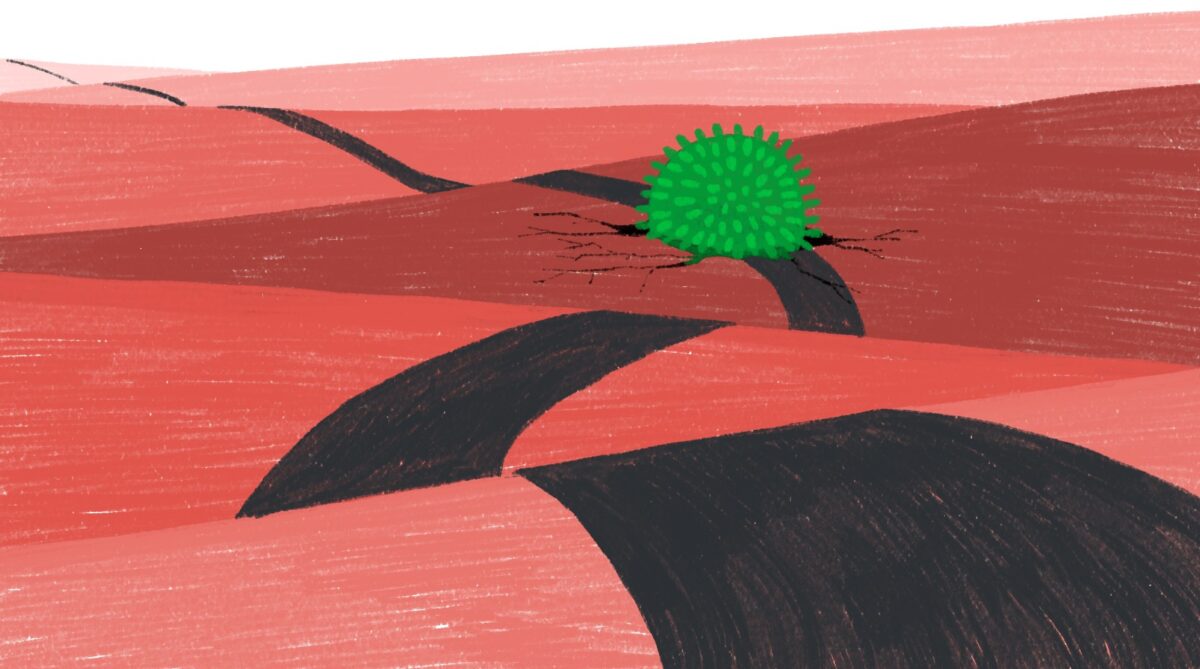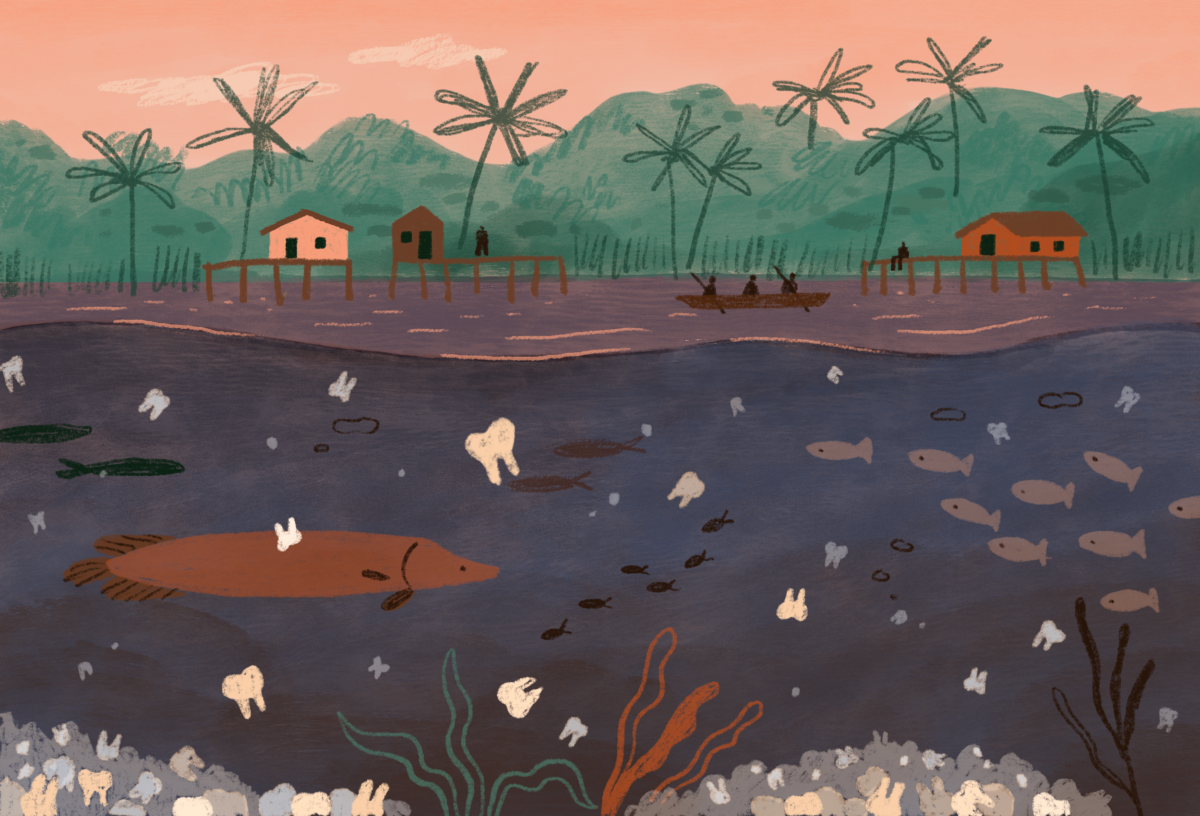 #News
#News
Post-pandemic life expectancy
Life expectancy in Eastern Europe fell by 3–4 years between 2019 and 2021; In the USA it fell by 28.2 months in the same timeframe
 Illustration: Estúdio Voador
Illustration: Estúdio Voador
The COVID-19 pandemic has had the greatest negative impact on life expectancy since the Second World War, causing a decrease of three to four years in Eastern European countries. The new data are from a comparative analysis of 29 countries (almost all European, with the exception of the USA and Chile) recently published in the scientific journal Nature Human Behaviour.
The study, led by Jonas Schöley of the Max Planck Institute for Demographic Research in Rostock, Germany, also showed that although the richest nations in Western Europe began to recover from the initial impact of the pandemic as early as 2021, the same was not seen in the east of the continent and the USA.
According to the survey, the only country in the sample not to undergo a net reduction in life expectancy between 2019 and 2021 was Norway. Between 2020 and 2021, 16 of the 29 nations maintained this negative trend while the rest started to change direction—interestingly, with the exception of Norway, which recorded a slight drop in life expectancy in 2021.
The study quantified the reduction in months. The most notable data for the entire pandemic so far (not including 2022) are from countries such as Bulgaria, Slovakia, and Poland, all in Eastern Europe.
Residents of these nations experienced life expectancy reductions of 43 months, 33.1 months, and 26.6 months respectively.
The situation was almost as dire for the US population, whose life expectancy dropped by 28.2 months between 2019 and 2021. In Western Europe, the worst decline was in Scotland (with a reduction of 9.6 months), while in Chile — the only Latin American country included in the study — the drop in life expectancy was 21.1 months, comparable to countries in Eastern and Central Europe.
According to Schöley and his colleagues, the coronavirus pandemic had a similar impact on Eastern European nations as the dissolution of the Soviet Union in the late 1980s and early 1990s, when economic collapses and infrastructural losses severely affected public health.
These countries have followed a less favorable demographic trajectory than Western Europe since the 1960s, when life expectancy started to level off after decades of increases fostered by socialist governments placing a greater focus on public health.
The survey also identified which factors have been helping improve life expectancy since the worst waves of the pandemic and those that are leading to an even greater reduction.
On the negative side, being male is associated with further drops in life expectancy in 16 of the 29 countries analyzed. In these nations, the difference between men and women—almost universally favorable to women—has been made even bigger by COVID-19. The gap widened the most in the USA, increasing from women living an average of 5.72 years longer to 6.69.
Vaccination
On the positive side, countries that carried out more successful vaccination campaigns against the disease also tended to have recovered more by the end of 2021. As expected, the biggest contributing factor to the fall in life expectancy was the major increase in mortality rates among people aged 60 and over in almost all countries.
In the USA, however, the figures for 2021 were also significantly affected by higher mortality in adults under 60. The authors of the paper speculate that this could be linked to the relatively low proportion of people in this age group choosing to get vaccinated in the country compared to the high number of elderly Americans at immunization centers.
Data suggest that even with the improvements seen in 2021, COVID-19 remains the driving force behind the drop in life expectancy at an international level. The only event since the beginning of the twentieth century to have had a greater impact on life expectancy in a similar period of time was the Spanish flu pandemic of 1918–20.
*
This article may be republished online under the CC-BY-NC-ND Creative Commons license.
The text must not be edited and the author(s) and source (Science Arena) must be credited.


